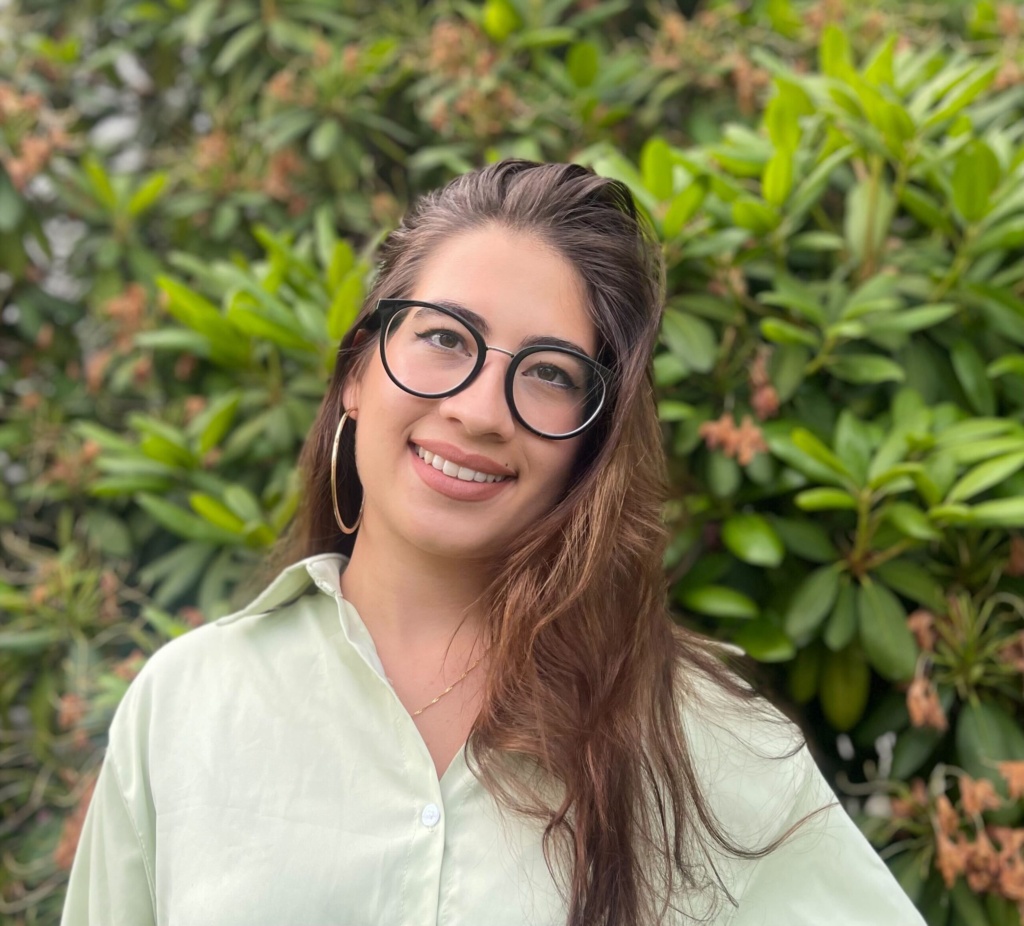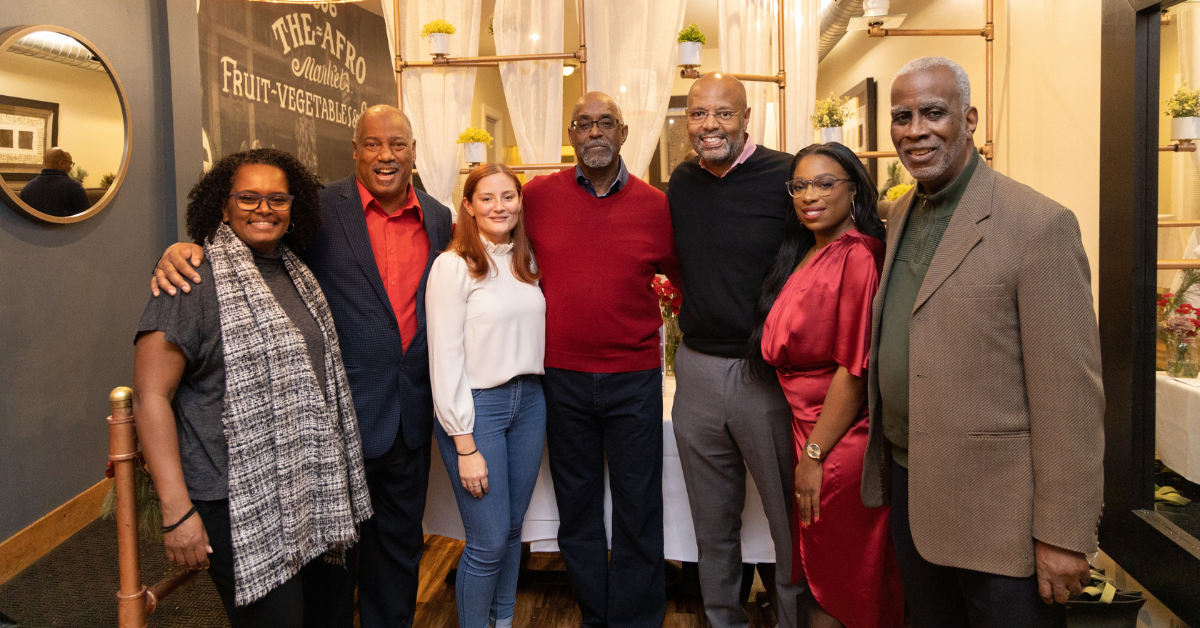By: Alesia Bani
KEY INSIGHTS:
- The Black Squirrel Collective recently completed the first phase of its accelerator to train Black and brown developers in Philadelphia to build ground-up single-family homes.
- The cohort of 15 developers will now be applying for city-owned land, a process that underrepresented developers have historically not widely participated in.
- Other initiatives like the Kensington Corridor Trust and Growth Collective are working to create affordable housing while investing in communities of color and developers of color.
Like many large, high-poverty cities, Philadelphians struggle with finding affordable housing, but progress is being made to change the real estate landscape in the city while focusing on equitable wealth distribution through real estate development.
With a small percentage of development in the city led by Black developers despite almost half of Philadelphia’s population being Black, the Black Squirrel Collective, wants to make sure that Black developers are part of the sustainable neighborhood investment movement. The firm is led by four Black men who work with small businesses and neighborhood organizations.
One of the challenges Black Squirrel identified is that developers of color have historically struggled to get land from the city — that is why after over two years of planning they recently launched Philly Rise, a real estate accelerator where local Black and brown developers in the cohort will be able to develop two to five properties each through an agreement made between Black Squirrel and the PHDC Land Bank, which returns vacant and tax-delinquent properties owned by the city to productive use.
The first cohort includes 15 developers from 12 companies who will be able to scale their businesses while building 50 new ground-up single-family homes in Philadelphia. Half of the new developments will be offered below market rate.
“There was an understanding that part of the challenge in getting participants that are qualified to participate in the PHDC Land Bank process is because there wasn’t a lot of experience in the Black and brown community and that’s not true,” Thomas Webster, Black Squirrel’s chief program officer, told The Plug. “The depth and breadth of the participants in this cohort is staggering.”
The real issue, Webster said, is a lack of understanding of Philadelphia’s land acquisition system, not a lack of experience. The participants needed to have at least three properties under their belts, but many surpassed this quota.
“There’s also a perception that if you don’t have a lot of money, if you don’t have political connections, you don’t get property out of the city,” Webster said, “Our program is helping the city to dispel that belief.”
Black Squirrel partnered with the Urban Land Institute Philadelphia and Black women-led development company AR Spruce to provide training, case studies and online courses on how to build development from the ground up.
“We were able to then marry that with local expertise, with in-person workshops,” Webster said. “We brought in experts in the local market who do business successfully in the Philadelphia region.”
The developers completed the first training phase of the two-year program in December. This month they start the land bank application process to acquire city-owned lots.
To join the accelerator, each company had to raise $75,000, about a five percent equity participation, with a 10 percent match by Black Squirrel. This will cover the funding for the predevelopment and predesign required to qualify for city land. The remaining 85 percent to cover construction costs is funded to the developers as debt through three Black CDFIs, which provide financial services in low-income communities.
There are other initiatives in the city focused on intentional real estate development such as SHIFT Capital, which invests in underrepresented developers and communities to tackle intergenerational poverty. The Kensington Corridor Trust buys mixed-use real estate in the Kensington neighborhood of Philadelphia to maintain control of the property by the neighborhood while preserving affordability. The Growth Collective, a Black-owned group of real estate developers, invests in Black developers focused on real estate opportunities that build wealth in communities of color.
The Growth Collective was awarded $450,000 in grant funding in early 2022 and is working to raise $100 million to support Black developers, but its focus is on more experienced developers. Philly Rise is a middle ground between new-to-the-game developers and those focused on large commercial projects.
Candis Pressley, the founder and CEO of Trinity Property Advisors, told The Plug even with 24 years of experience in the real estate industry and a master’s degree in commercial real estate, participating in the Philly Rise accelerator thus far has been invaluable. She is one of three women in the program and encourages other underrepresented professionals to enter the industry.
“It’s been an eye opener on so many levels, not just in regards to the education and resources but also your mindset and how you think,” Pressley said. “I had to level up my business and my mind.”
Black Squirrel has already been contacted by other cities including Oakland, Atlanta and Detroit to expand the program, but Webster said they are planning to run through the inaugural cohort before scaling. A second cohort of developers will start in October 2023. One of the changes Black Squirrel will implement in the training phase of the accelerator next year will be around social media and building a brand.
“Some of them are doing extremely well and being able to clearly articulate that by leveraging marketing and branding is really going to only help them be more successful in not only getting more properties out of the city but accessing capital,” Webster said.

Alesia Bani
Alesia Bani is a writer and journalist from Philadelphia and The Plug’s Innovation Reporter covering the Black tech ecosystem in Philadelphia. She previously worked for the Institutional Diversity office at her alma mater Temple University and has a background in reporting on identity, DEI and local government.
Contact: alesia@tpinsights.com




